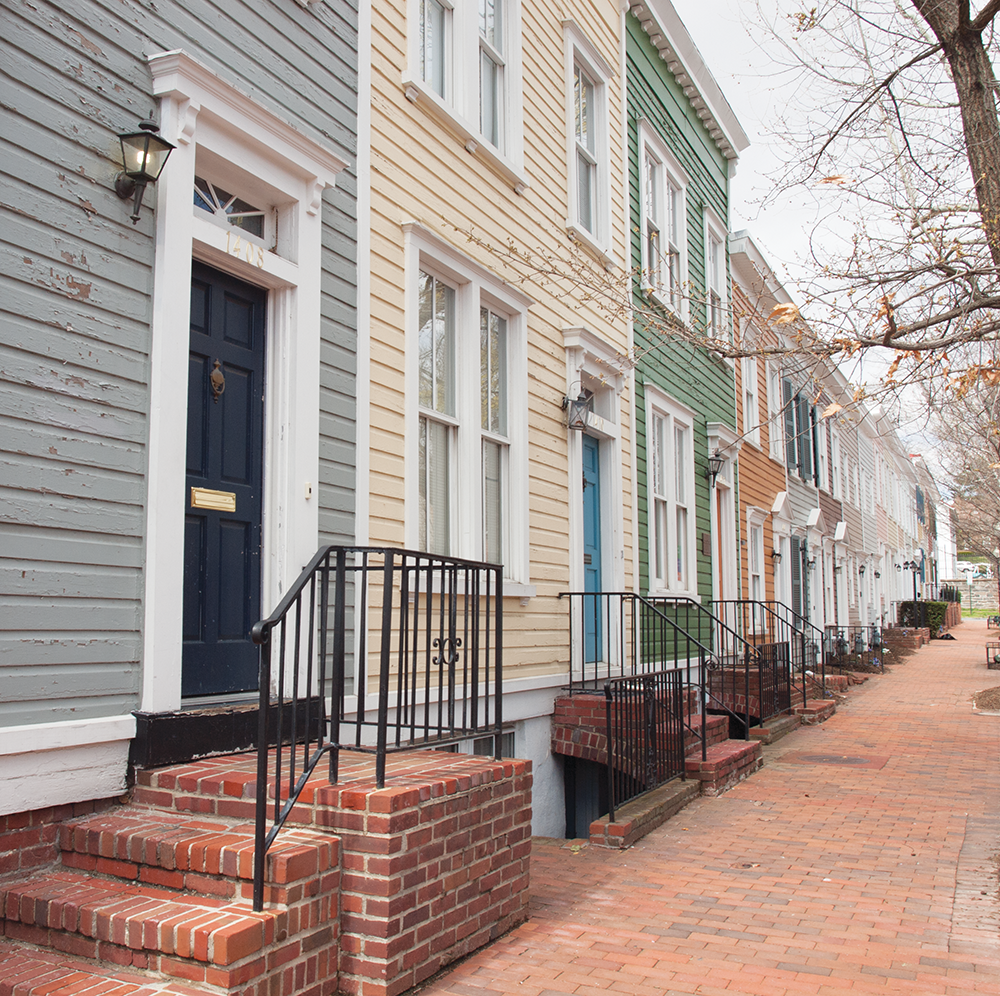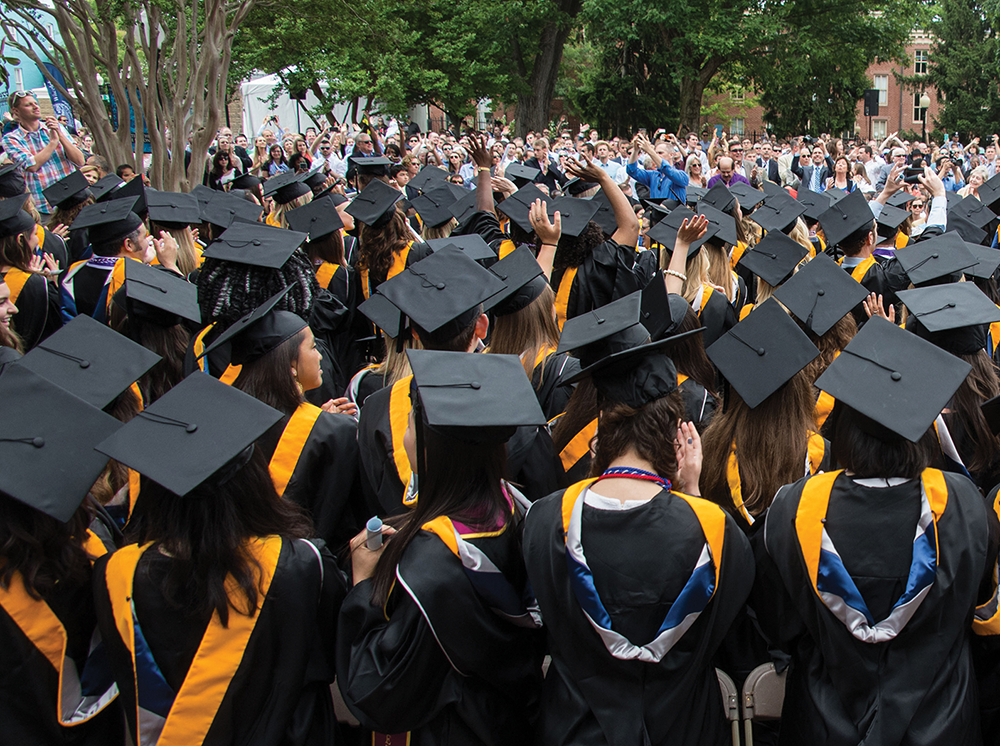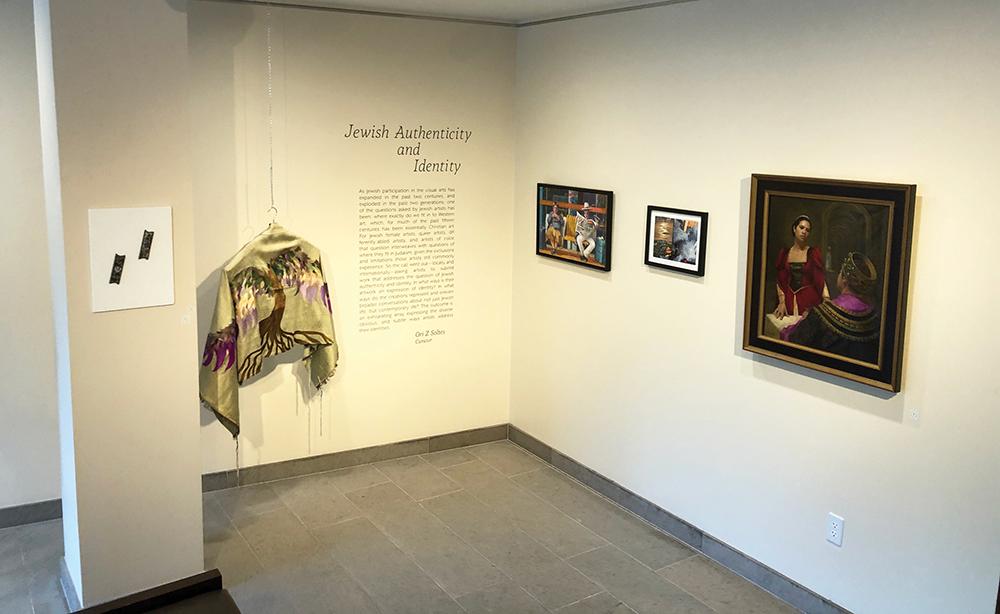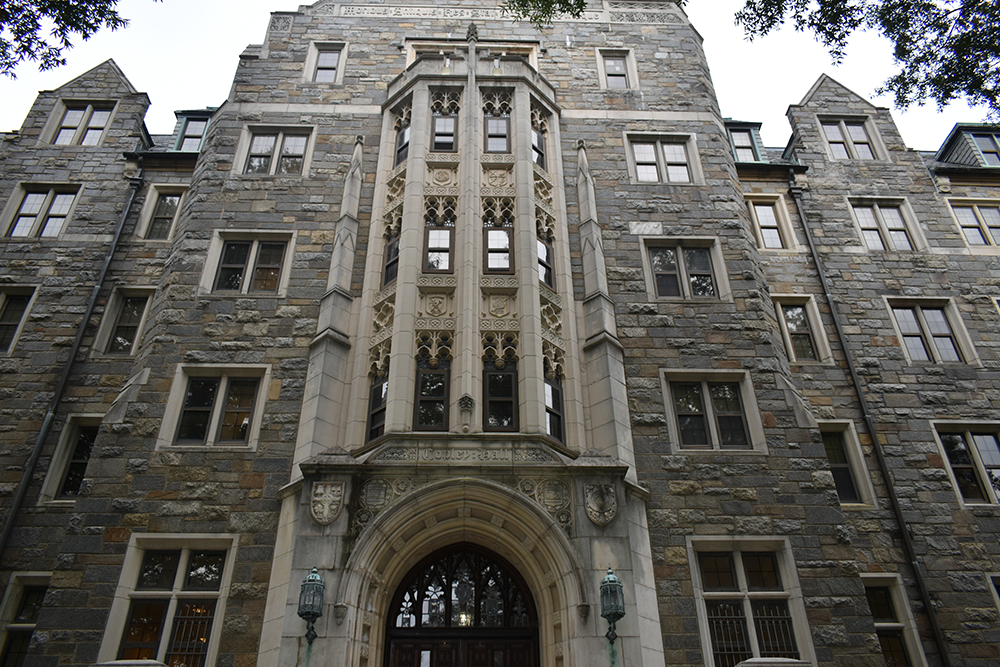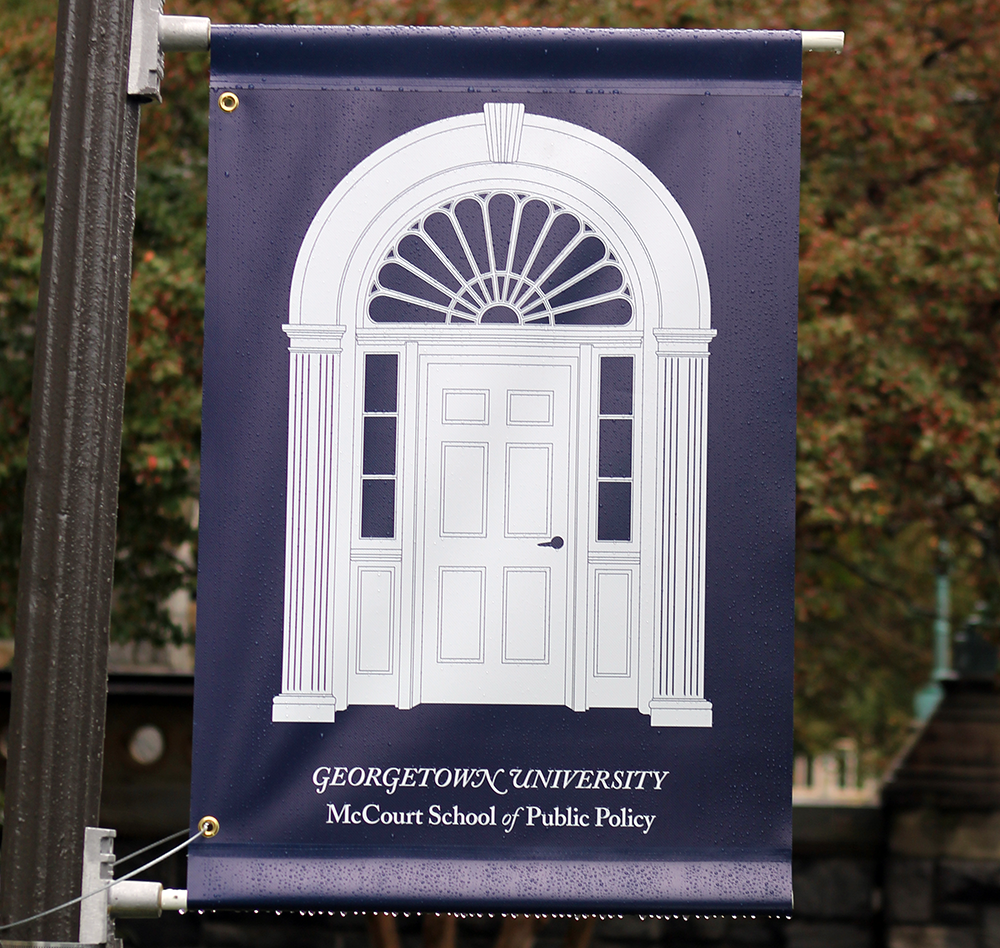Students and professors are continuing to navigate the challenges and setbacks of virtual learning as Georgetown University’s summer academic semester gets underway online.
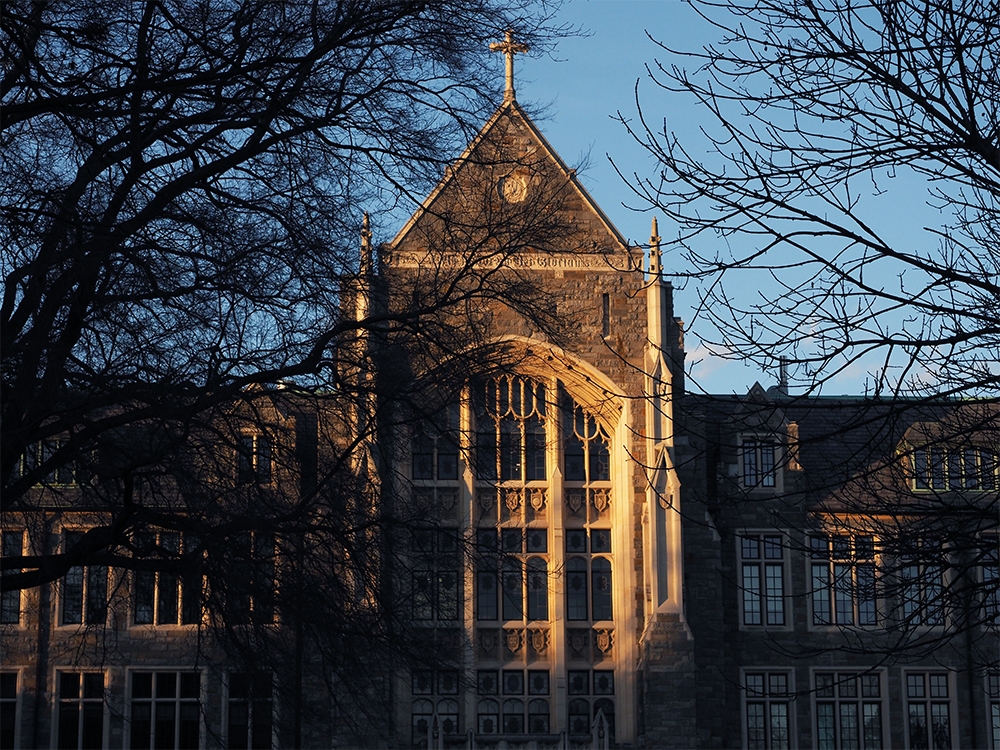
Summer classes, which are being hosted remotely, launched May 18. The COVID-19 pandemic has indefinitely derailed traditional academic practices to the frustration of many students and faculty. Having already experienced online learning to finish the spring semester, students reflected on the pitfalls which are likely to reoccur.
Seamus Masterson (COL ’22), who is taking two online summer classes, wrote that, because online classes may require adjustments from professors as well as students, personal initiative and self-studying must make up for lost material (Full disclosure: Masterson serves as a Guide staff writer at The Hoya).
“It’s definitely not what I would have hoped but that’s just the nature of the situation,” Masterson wrote in a message to The Hoya. “I know that in the spring, a lot of my classes had to remove a substantial amount of material from syllabi, so I think we’ll see similarities in the summer. Classes will not be the same, and I have a feeling it’ll be left to students to do their own research on topics they’re interested in which teachers won’t be able to get to.”
Provost Robert Groves originally announced the transition from in-person summer classes to an online format similar to the one used in the spring 2020 semester March 27. Though the transition may come as a disappointment for students, the university is working to ease the transition and offer more course options as a result, according to Groves’ announcement.
“We recognize and empathize that moving courses and programs into a remote delivery format will entail significant work,” Groves wrote. “We want to expand offerings in ways that are responsive to the situation and the interests of students in all of the schools.”
Since the announcement, faculty and academic deans have held regular meetings to discuss how to best transition to online content while maintaining a positive experience for students, according to Sue Lorenson, vice dean for undergraduate education.
“Colleagues from across campus have been meeting regularly to plan for summer,” Lorenson wrote in an email to The Hoya. “Among other issues, we’ve been talking about how to best prepare faculty for the move to a virtual learning environment to ensure that it is a quality experience for students. This includes some design and implementation work.”
The shift to online summer learning will compel many professors to adjust their courses, according to Douglas McRae (GRD ’14), a history teaching assistant scheduled to teach a course this summer.
“It’s very likely that our class activities will be entirely different. For one, the course will likely be mostly if not entirely asynchronous. Second of all, I’m probably going to have to rethink all of the assignments,” McRae wrote in an email to The Hoya. “I don’t think these issues are insurmountable, but it will require some thinking to figure out how to make it work.”
Despite the frustrating circumstances, some students appreciate the opportunity and have adopted strategies to facilitate their work, according to another summer student, Amanda Kay (COL ’22).
“I wish that I was taking classes in person but I am happy that there is still the option to take classes,” Kay wrote in a message to The Hoya. “I learned that being at home really impacts my learning and I found it really important and helpful to establish a place just for my studying.”
While the decision to completely move all courses and programs to a virtual platform this summer marks a significant change from original plans, it comes after stringent measures taken on a national level to curb the intensity of the pandemic, including many colleges’ transition of their spring semesters to online coursework. Georgetown formally transitioned its spring 2020 semester to online coursework March 16.
The move to transition all in-person summer course offerings provides enough time for faculty and professors to adapt to the change, a university spokesperson wrote in an email to The Hoya.
“The decision to virtualize all summer academic offerings was made after careful deliberation, with the health and wellbeing of our community as our highest priority. This is a final decision,” the university spokesperson wrote. “Among our key considerations on timing of the decision was the need to begin planning now so as to ensure the highest quality engagement and course design in our summer courses and programs.”








